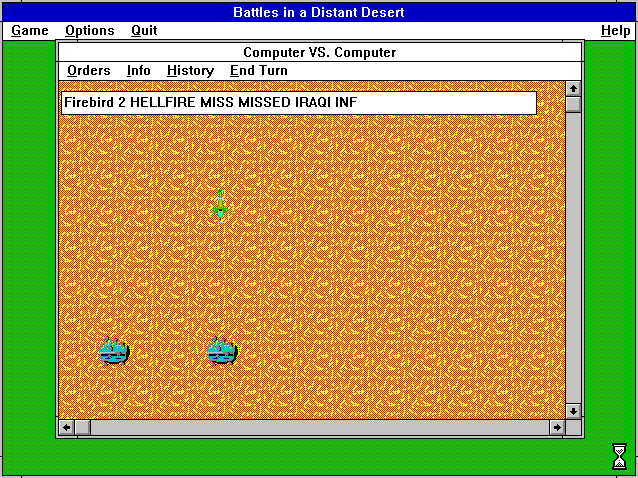This is still the dark ages of software development. I don't mean that in the common nonsense sense of "methods," but of perception and of goals.
As a whole, this behaves exactly like a primitive age does: all effort spent solving the same problems over and over again.
More from Fabiana Cecin 🏴 🌹
But you see you don't actually understand how lawmaking works there's this set of procedures and dates that BLEAAAARGHHHHHvomitvomit
Neoliberalism is an economic genocidal ideology predicated on maintaining capitalism, and capitalism is the impoverishment, oppression and death of poor people because that's the OBJECTIVE of capitalist ideology. It's a malthusian ideology.
Neoliberals are the original Alt-Right
Capitalism has ZERO todo with "markets vs. no markets," or "central planning vs. decentralization." That's *propaganda*. That's a diversion.
Capitalism is the NAME OF THE ABSENCE of any support for poor people. In capitalism, giving ANY power to poor people is a CRIME.
Capitalism has an *exception* to the strict forbiddance of giving any economic power to the 99%, and that is the concept of "Merit."
If you act as a SLAVE (wage slave), then you can get some crumbs to *temporarily* avoid your death. While you are mechanically useful.
These fucking Neoliberals which are 99% of the Democratic Party in the US are all POSING as nice people. They are not. They are all sociopaths.
This economic fascism is so thoroughly normalized in the US that nobody has a concept of what capitalism is.
The next day, she voted to move the bill without the 2k. Such a fucking phoney. https://t.co/3aiwDROypo
— ProgressiveSoapbox (@theProgSoapbox) December 31, 2020
Neoliberalism is an economic genocidal ideology predicated on maintaining capitalism, and capitalism is the impoverishment, oppression and death of poor people because that's the OBJECTIVE of capitalist ideology. It's a malthusian ideology.
Neoliberals are the original Alt-Right
Capitalism has ZERO todo with "markets vs. no markets," or "central planning vs. decentralization." That's *propaganda*. That's a diversion.
Capitalism is the NAME OF THE ABSENCE of any support for poor people. In capitalism, giving ANY power to poor people is a CRIME.
Capitalism has an *exception* to the strict forbiddance of giving any economic power to the 99%, and that is the concept of "Merit."
If you act as a SLAVE (wage slave), then you can get some crumbs to *temporarily* avoid your death. While you are mechanically useful.
These fucking Neoliberals which are 99% of the Democratic Party in the US are all POSING as nice people. They are not. They are all sociopaths.
This economic fascism is so thoroughly normalized in the US that nobody has a concept of what capitalism is.















